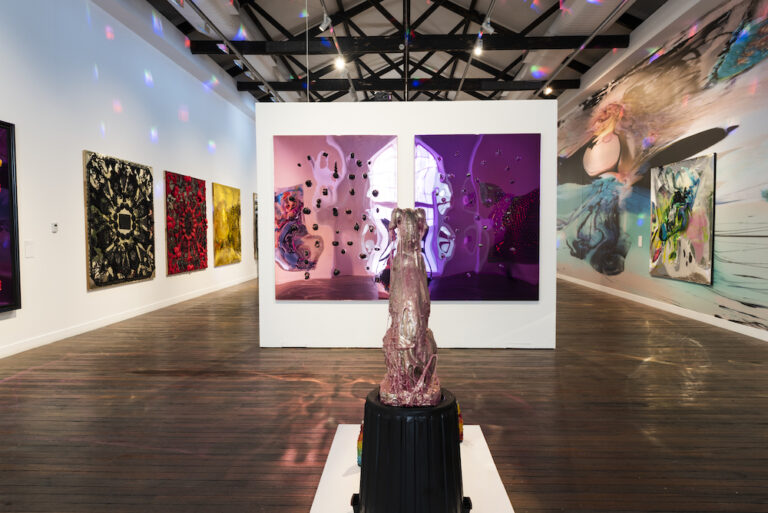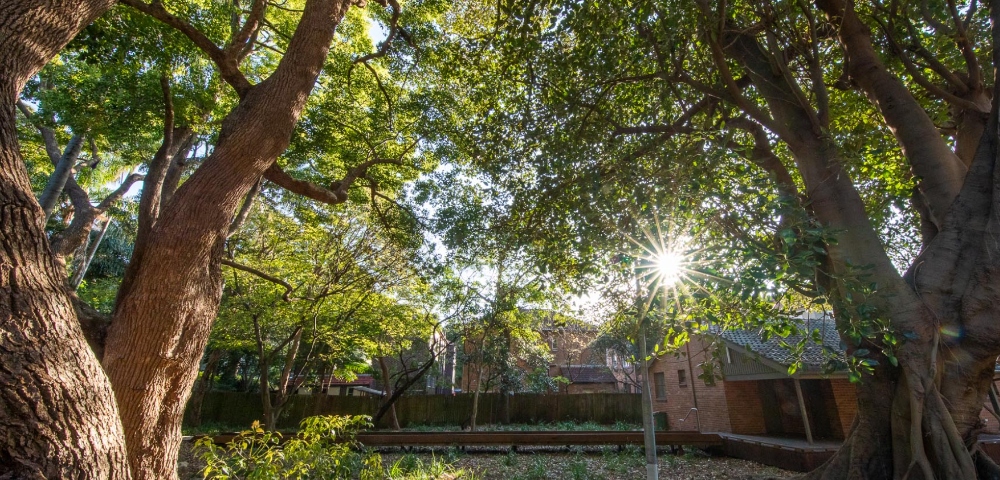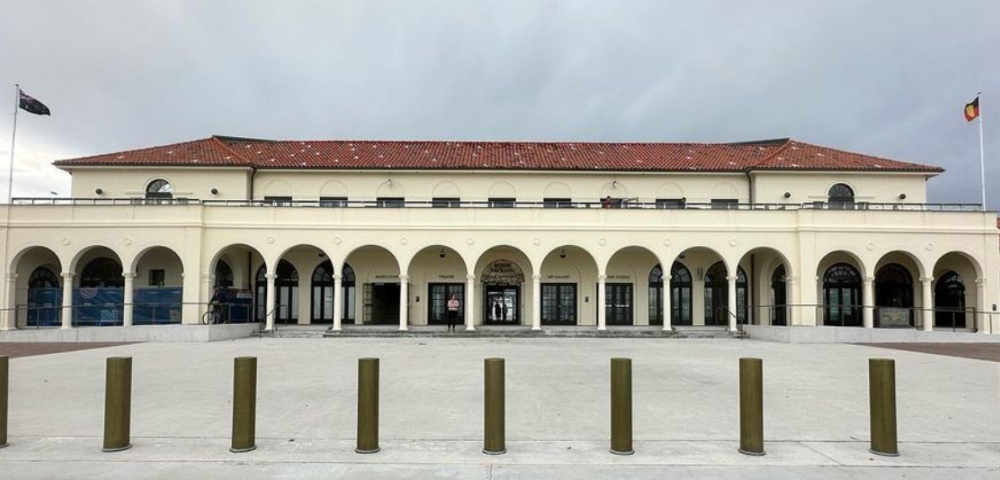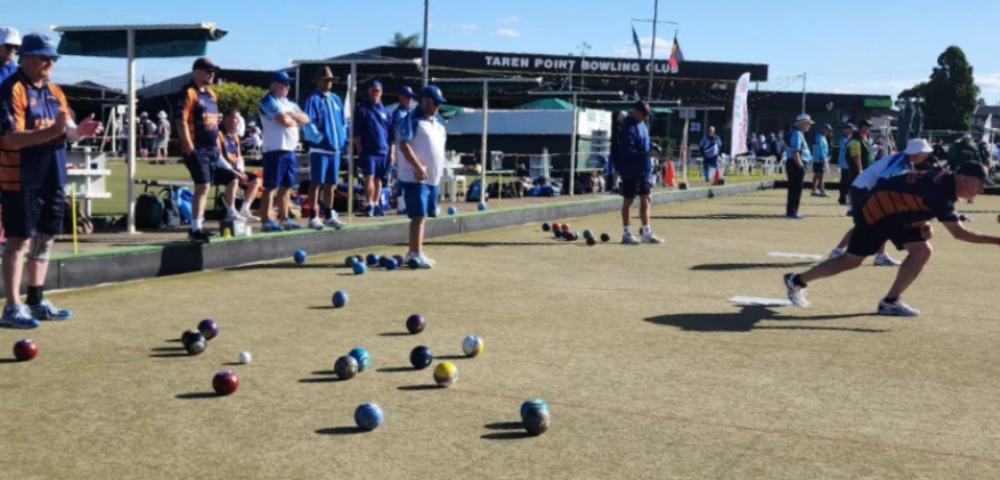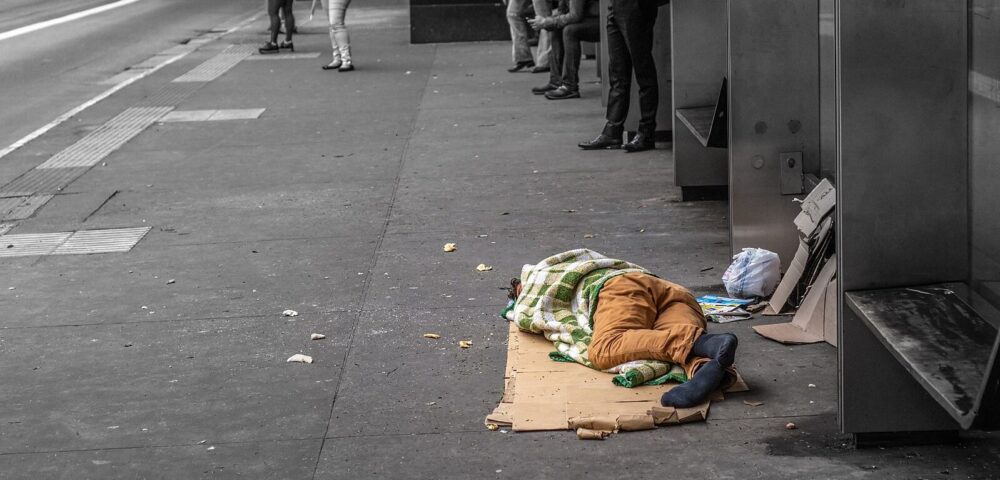
Late night revelry moves east
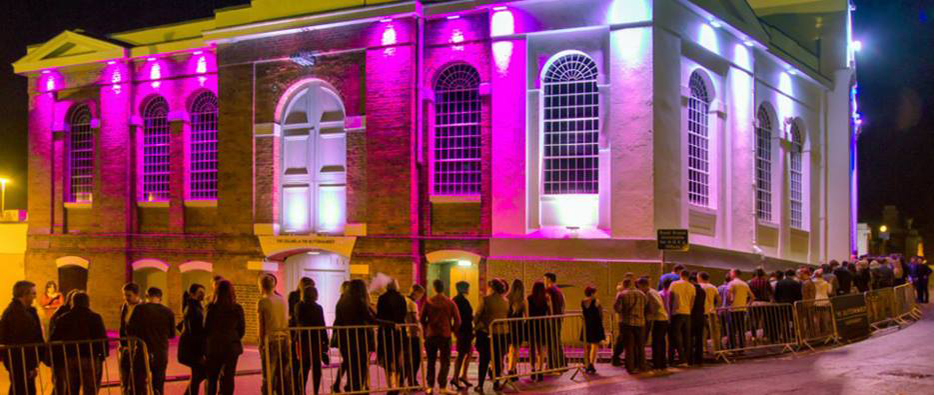
BY JADE MORELLINI
Sydney’s nightlife has undergone a dramatic transformation, particularly in the Eastern Suburbs since the Lockout Laws in 2014 were introduced and nightclub security isn’t helping with questions surfacing on their ability to keep party-goers safe.
A new study released in March 2017 by the NSW Bureau of Crime Statistics and Research (BOCSAR) displayed that non-domestic assaults have risen by 12% in areas outside the lockout zone, and have risen by 17% in other night time entertainment districts such as Newtown, Bondi, Double Bay and Coogee.
“I think the Lockout Laws that have been introduced have undoubtedly had an impact on Sydney’s nightlife,” Lecturer in School of Social Sciences, Dr Bianca Fileborn said. Her research has covered violence, street harassment and sexual assault. “We’ve seen a displacement of people who would have normally been around Kings Cross or in the CBD coming to places like Bondi and Newtown, so people from different cultural and demographic groups are coming to areas that maybe they once didn’t.”
This shift reveals that non-domestic assaults are moving away from lockout areas and increasing in as a result. New figures from BOCSAR indicate that non-domestic violence related assaults in Waverly have risen by 13.3%, with 357 assaults last year compared with 315 in 2015.
BOCSAR deputy director, Jackie Fitzgerald was quoted in Fairfax Media saying the number of assaults in Waverly had been decreasing prior to the lockout laws, but since the introduction were now slightly increasing.
“Things were kind of getting better and then, since the lockouts, they have kind of been getting worse. There is a concentration of offences in Double Bay, but the Bondi cluster is much larger,” Fitzgerald said.
The Lockout Laws haven’t only had an impact on the nightlife of the Eastern Suburbs, but there are studies which suggest clubs may be experiencing financial struggles within the lockout areas and this is affecting the amount of money spent on security at nightclubs.
Lecturer in Criminology, School of Social Sciences, UNSW Dr Philip Wadds said, “In my research, the Lockout Law has for some venues had an impact on their ability to pay more money for security and if they’re operating under tighter margins and there’s more pressure so they pay less for security, then that has a flow on effect in terms of the quality of the personnel you are employing.”
If the quality of personnel employed is absent, it can lead to a lack of safety in and around clubs.
“There has been quite a lot of work done around training this year. NSW has updated some of the requirements and some of the regulatory control over their training. It’s a lot of RSA work, basic conflict, awareness training but very little in terms of physical training,” Wadds said.
“I think that’s the biggest area of concern, yes you can learn about visible signs of intoxication but I also think one of the core aspects of security work is dealing in a physical way with patrons who may be highly intoxicated on drugs and alcohol, or who may be violent or aggressive,” Wadds said.
Door security are in charge of minimising this danger and they have the responsibility to remove people who may be a threat or danger to other patrons in the club. They make the decision on who to let in to the club based on a number of things.
“Obviously they have certain house rules from the venue that they need to implement such as dress code that they may use as reason not to let people in,” Fileborn said. “I’m sure they’ll be looking out for people who are drug or alcohol affected, but internationally, we actually have evidence that there are elements of racism in who security let into a venue.”
People who are often removed from clubs due to intoxication are left outside the club, so questions have been raised on whether this is putting them in more danger if they aren’t an immediate threat.
“There’s significant commercial costs and financial costs in terms of fines and having strikes recorded against venues if security allow people back in once they are asked to leave,” Wadds said. “But there’s obviously significant risks associated with that because these are often vulnerable people, particularly young women who are intoxicated being asked to leave an area that may not be safe and they are therefore increasing the risk of personal harm.”
“People who have been rejected from venues may not have their phone or wallet on them and maybe they haven’t been able to tell their friends where they’ve gone,” Fileborn said. “In that sort of circumstance, if someone is not a direct immediate threat and there is a reason for them to go back into the venue, whether it is to find their friends or to find an item of their property, then absolutely they should be allowed back in.”
A Take Care Safe Space program is addressing some of these issues through working with venue security and other nightlife services to try and alleviate risks that are a “by product of some of these legislative controls. They set up safe areas where people who are intoxicated can go where volunteers and St Johns Ambulance available to assist,” Wadds said.


